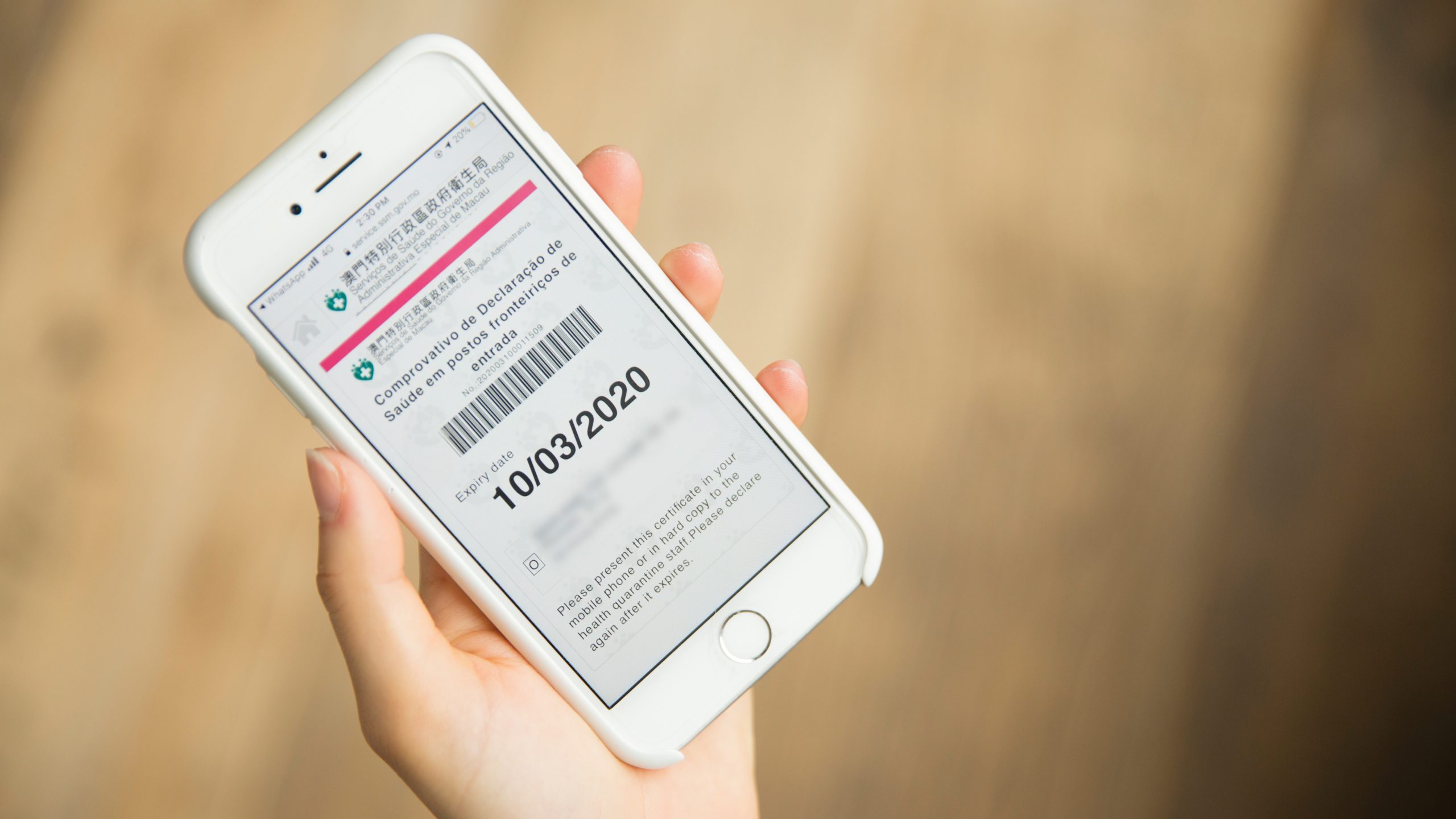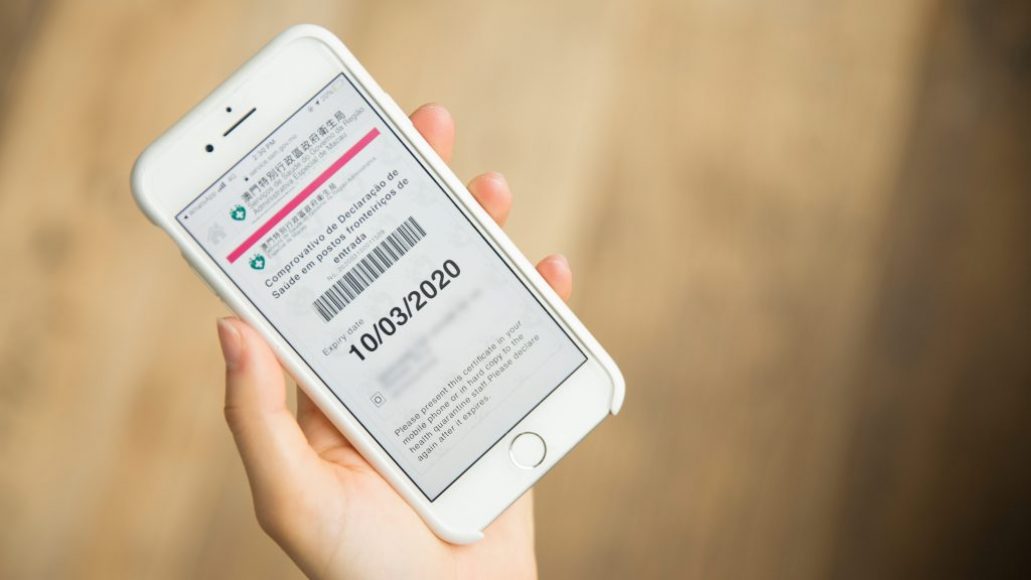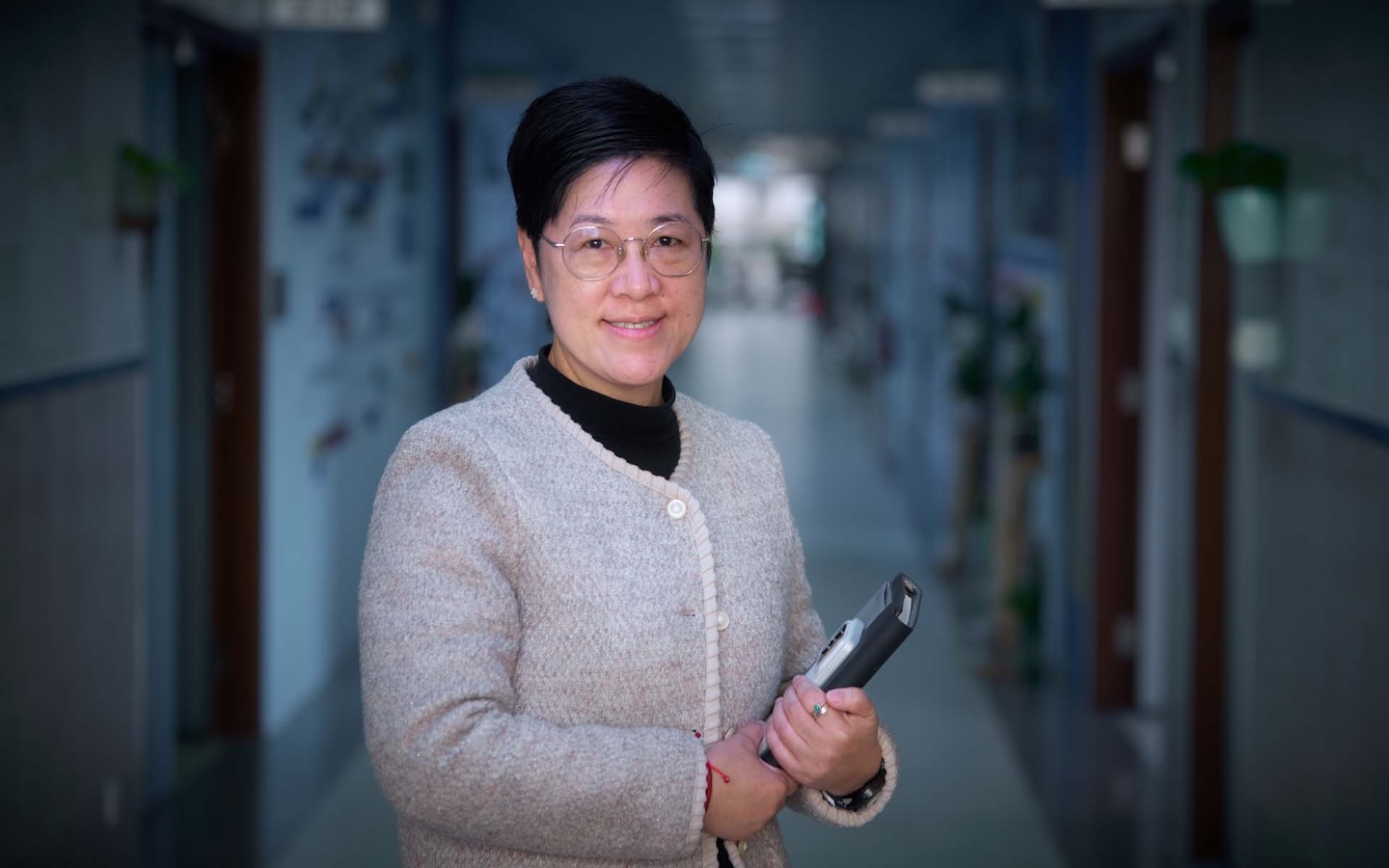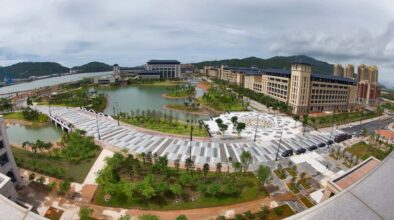We look at the increasingly important role that technology has played in the city since the outbreak of COVID-19.
Since the beginning of the coronavirus outbreak, many measures have been enacted by the government to prevent the spread of the virus in Macao. However, these measures can’t be executed without communicating them on a grand scale and that’s where technology comes in. The important role played by technology in how the government and residents have dealt with the virus and its impacts has not really been assessed in the media. But here we explain how it has aided our city in a time of crisis.
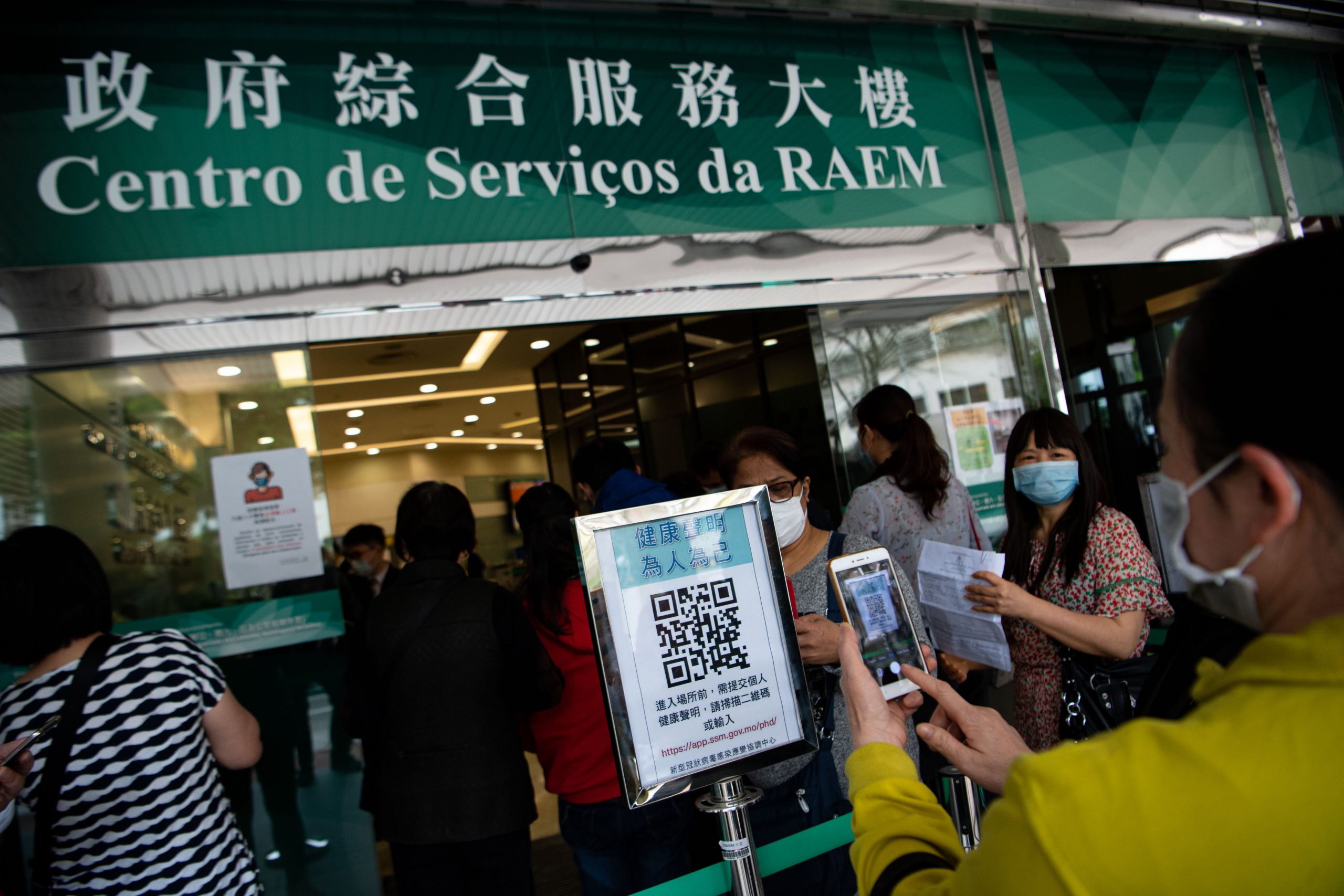
To begin with, the use of Facebook and other social networks or digital platforms to publicise the government’s measures to combat the virus and help the population has been enormous. It has also been helpful at preventing speculation from any rumours that may have arisen over time. The Government Information Bureau (GCS) has permanently covered, often live, the announcement of its measures through Facebook, YouTube, WeChat, Instagram and Telegram Messenger, which was launched last month. In fact, GCS’s Facebook page has been the most viewed official social media platform to follow what has been happening on a daily basis in Macao. From 22 January to 18 March, more than 1,850 posts were shared on their Facebook page, making an average of 32 posts a day. The posts included text, infographics and video clips.
On 22 January, just when the fight against COVID-19 started in Macao and the Novel Coronavirus Response and Co-ordination Centre was created, a bilingual information website was launched which has since covered news and the measures being taken to fight the epidemic. Over the weeks, the centre’s website has been vital in informing the public of how to live their lives in a way that will prevent the spread of the virus across the city.
With the closure of schools and universities in recent weeks and with the support of the government, online distance learning platforms have been created and launched for students so they can work from home, thus avoiding travel to educational institutions. Louis Lou, an IT teacher at Pui Ching Middle School, says: “Before, online teaching was mainly used as an assessment tool but during this time, it has become the primary medium for learning. This experience has allowed students, teachers and parents to improve their IT literacy but, on the other hand, the lack of face-to-face communication makes it hard for us to know whether students are actually following the schedule. I think a holistic learning experience calls for face-to-face interaction between teachers and students.” For the city’s 10 tertiary education institutions, however, the government announced on 19 March that classes would gradually resume on-campus from 1 April.
The fight against COVID-19 in Macao has made the territory discover its full technological potential in the face of adversity.
Banks have also responded immediately to the situation by messaging their customers and asking them to use online services, preventing the need to leave their homes. The Bank of China and Banco Nacional Ultramarino have both used technology effectively to keep their customers in the know.
Technology in the form of a smartcard is also at the heart of the government’s scheme to give out MOP 3,000 to each Macao resident to help them overcome any difficulties they experienced as a result of the virus outbreak. The money will be loaded on to the Macau Pass smartcard in the form of ‘vouchers’ so they can be redeemed by the cardholder. The MOP 2.2 billion (US$274.9 million) scheme, which will roll out on 14 April, can be used for ‘catering, retail or groceries’ but ‘only in Macao’.
Local company Macau Pass, the all-in-one mobile payment solution firm behind the contactless smartcard, which itself was introduced in 1999 and can be used to pay for anything from bus journeys to dining, is supporting this scheme by leveraging its network in Macao to distribute the funds. Company director Joe Liu says: “Macau Pass pledges to fully support this government scheme by paying for all the associated costs, from printing to software development, and all transaction fees collected during this period will be redistributed out as different forms of incentives to further stimulate local spendings.”
And, in an unprecedented measure, the government, in the first phase of the battle against the epidemic, sent home 30,000 civil servants and allowed them to work from home through the government’s online system. Also, as public services have been resumed, the importance of online technology has become evident because it has become necessary for all citizens to fill in a health declaration if they want to enter any government institution or building. These declarations are submitted through a newly created page which can be accessed via a QR code. The whole process takes less than a minute and is extremely convenient both within Macao and for those who are entering Macao. In our neighbouring SAR, tourists hover over tables outside immigration buildings to fill in paper health declaration forms when trying to enter the city.
Offline to online
News outlets have also been crucial over this time to keep people informed on a daily basis via their websites, social media platforms and apps. Be it breaking news of new cases or telling people how and where they can take sanitary care, the news outlets combined with the government’s regular updates have meant that residents are always in the know. Even restaurants have responded by delivering food door-to-door after phone or online orders rather than waiting for people to come in. And when it comes to the city’s 35,000 Catholics, the churches have also remained closed but have been broadcasting their masses regularly on their website until 6 March.
On 21 January, one day before the first COVID-19 case was discovered in Macao, the most downloaded app on Macao’s Apple Store was MPay (under Macau Pass). On 5 February, the first day the government’s civil servants stayed home, the number one most downloaded app was Zoom Cloud Meetings and it has remained at number one since then. This perfectly describes how our society has taken to a new work life and how online consumer behaviour has drastically changed over past weeks.
During the first phase of the outbreak between late January and mid-February, CTM (the local telecommunications company) reported a 30 per cent spike in network usage. The company also installed free Wi-Fi hotspots at all border checkpoints, enabling inbound residents and tourists to complete their online health declaration forms. It also provided mobile handsets in local hospitals to facilitate communication between patients and families through video calls.
The fight against COVID-19 in Macao has made the territory discover its full technological potential in the face of adversity. Technology, particularly the internet, has been crucial to make sure the population in the city are kept as safe as possible and are informed since the beginning of the outbreak. Macao has been in the digital age for years but in January 2020, the city reached a new level in how it uses technology to inform and cope in a crisis. With this, work lives and habits have forever changed and many new opportunities have emerged.
